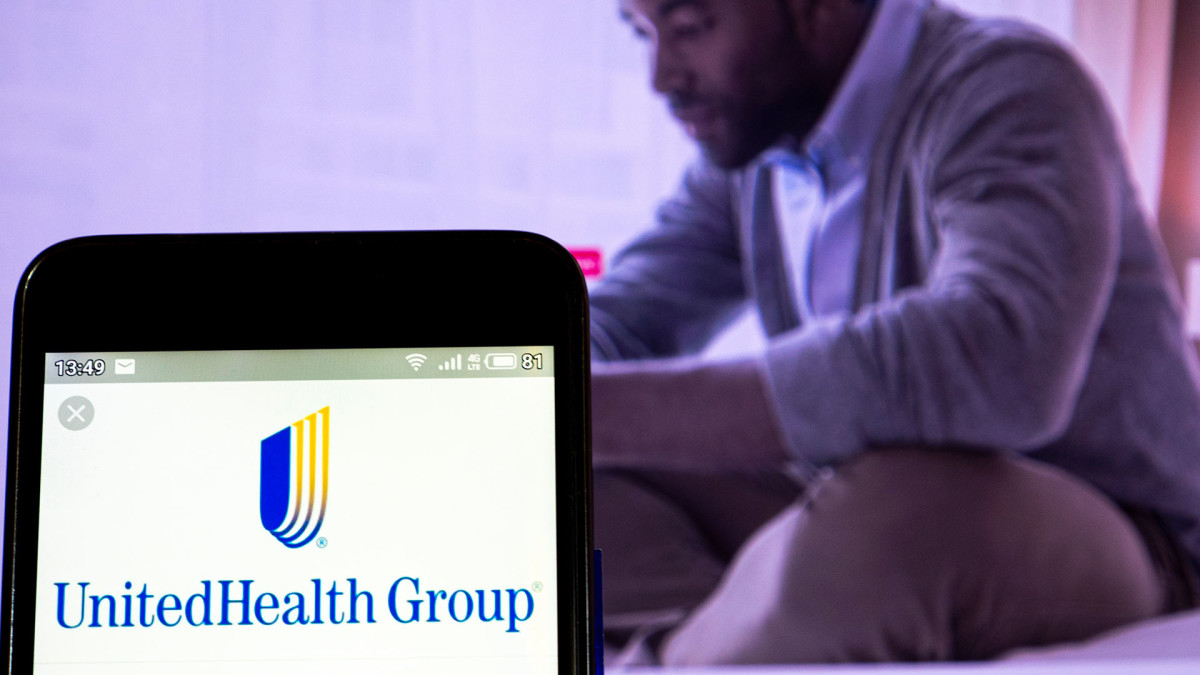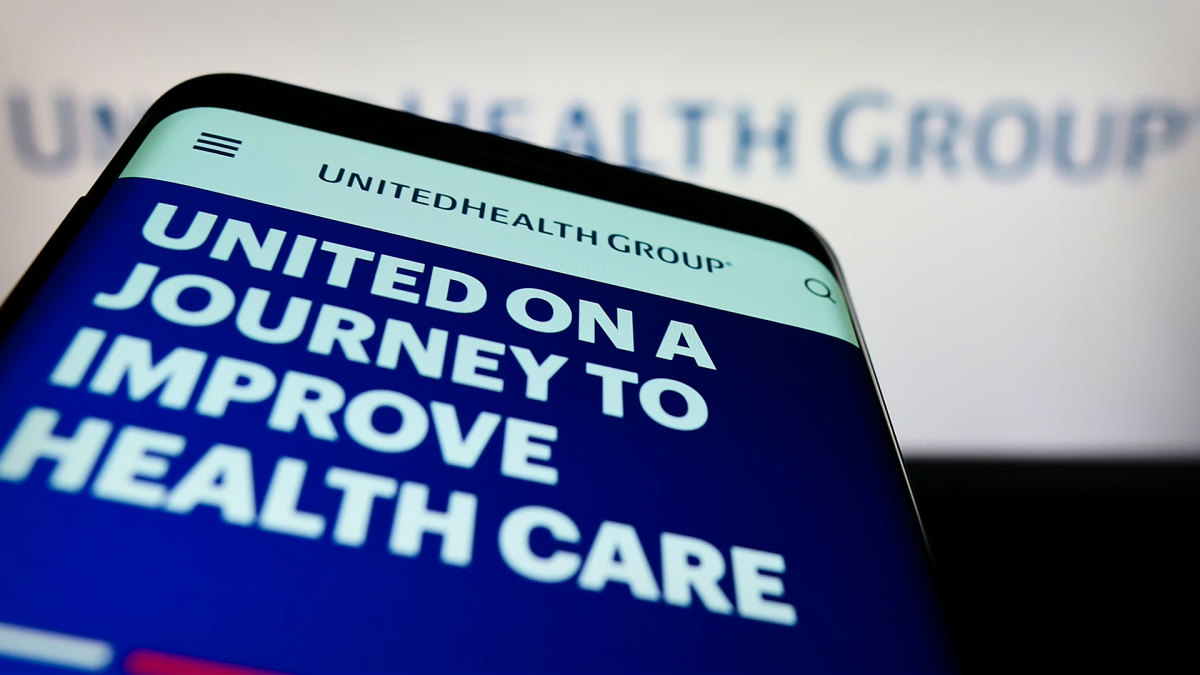
UnitedHealth Group shares moved firmly higher in early Tuesday trading after the health-insurance group said a cyberattack as well as soaring medical costs would eat into its full-year profit.
UnitedHealth (UNH) said adjusted earnings for the three months ended in June came in at $6.80 a share, up 10.7% from the year-earlier period and 14 cents ahead of the Wall Street consensus forecast.
Group revenue rose 6.4% to $98.86 billion, again topping analysts' estimates of a $98.72 billion tally. Optum revenue was largely flat with a year earlier at $62.9 billion.
Optum, which UnitedHealth purchased in 2011, is the main driver of the group's overall earnings. It's the nation's largest physician employer, with around 90,000 doctors under its wing.
“The diversified, durable growth across UnitedHealth Group stems from our colleagues’ commitment to ensuring high-quality, affordable care is available to the people we serve, and positions us well for the near and long term,” Chief Executive Andrew Witty said in a statement.

Shutterstock
UnitedHealth: Higher medical-cost ratio
UnitedHealth's medical-cost ratio, meanwhile, rose nearly 2 percentage points from a year earlier to 85.1%, suggesting that it paid out a larger portion of its collected premiums on insurance claims.
Overall premiums were up 6.1% to $76.9 billion while medical costs rose 8.6% to $65.4 billion.
Looking into the group's financial year, UnitedHealth reiterated its adjusted-earnings forecast of between $27.50 and $28 a share.
The group added that reported earnings would take a hit of between $1.90 and $2.05 per share from the so-called Blackcat cyberattacks that disrupted its Change Healthcare unit earlier this year.
Related: Humana tumbles, UnitedHealth and CVS slide on Medicare Advantage hit
That's between 40 and 45 cents a share higher than its original estimate due in part to what the company said were financial-support initiatives for care providers and "consumer notification costs."
Costs for the second quarter were pegged at 92 cents a share, UnitedHealth said.
"This included [64 cents a share] to support direct response efforts such as the Change Healthcare clearinghouse platform restoration and increased medical care expenditures," the group said.
"Additionally, Change Healthcare business disruption impacts, reflecting lost revenue and the costs of maintaining full readiness of the affected Change Healthcare services, were [28 cents a share] in the second quarter," the company added.
Health sector and Medicare Advantage
UnitedHealth shares were marked 4.55% higher in early Tuesday trading to change hands at $539.23 each, a move that would nudge the stock into positive territory for the year.
More Health Care:
- Analysts prescribe new Walgreens stock price targets after earnings
- Carnival Cruise Line shares a key health and wellness warning
- Retirement fears worsen mental health of U.S. workers
Further pressure was added to the health insurance sector in March when the U.S. Centers for Medicare and Medicaid Services said Medicare Advantage payments would rise an average of only 3.7% next year.
Analysts were looking for an increase of around 4.7%, based on the CMS's January proposal of 3.7%, and following increases of around 1.22% each year between 2019 and 2024, according to preliminary CMS figures.
The payments, which reimburse insurers for treatment of U.S. patients over age 65, will be effectively lower than current levels when adjusted for costs and inflation.
The Wall Street Journal also reported in February that antitrust investigators with the Department of Justice have been interviewing representatives in the health insurance sector for a number of weeks, seeking information about ties between UnitedHealth and its Optum services division.
The Journal has also reported that the DoJ is probing UnitedHealth's planned $3.3 billion takeover of home-health provider Amedisys (AMED) .
Related: Veteran fund manager sees world of pain coming for stocks







